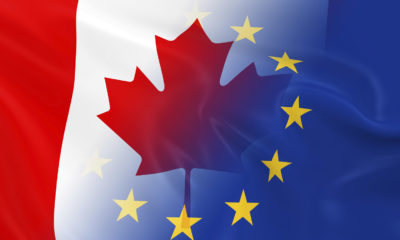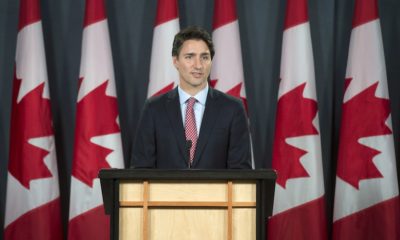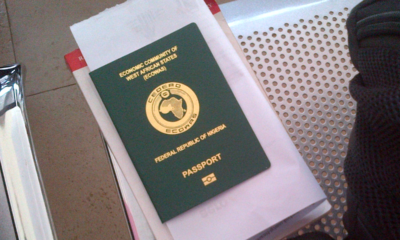Canada’s inflation rate slumped to its lowest in more than two years in August, as tepid consumer prices added to the chorus of disappointing economic signs that have dogged the country for months.
Statistics Canada reported that the country’s consumer price index rose 0.1 per cent in August from July, but the year-over-year inflation rate slipped to 1.1 per cent, up from 1.3 per cent the previous month. The closely watched core inflation measure, which excludes the eight most volatile components of CPI (including many food and energy goods), was 1.8 per cent, its lowest reading since July 2014.
Economists had expected overall CPI inflation of 1.4 per cent, and a core reading of 2.0 per cent.
The Canadian dollar fell half a cent against its U.S. counterpart on the news, to about 76.2 cents (U.S.), as the inflation slowdown substantially reduces pressure on the Bank of Canada to consider raising interest rates any time soon.
“It is safe to say there was a complete absence of pricing pressures to worry about in the August inflation numbers. That lines up with the Bank of Canada’s recent shift to sounding a bit more worried about Canada’s economy, and hence the outlook for inflation,” said Toronto-Dominion Bank senior economist Leslie Preston in a research note.
The central bank uses a 2 per cent inflation target as the basis for setting its rate policy, relying particularly on the less volatile core measure to guide its assessment of underlying inflation pressures. Despite an uneven and often disappointing pace in the economy – punctuated by the second quarter’s decline in real gross domestic product of 1.6 per cent annualized – core inflation had been running above the 2 per cent target for the past five months. August’s downturn finally bore the scars of those economic stumbles.
In its most recent interest-rate decision, in early September, the Bank of Canada said inflation risks had “tilted tilted somewhat to the downside since July,” citing the sluggish Canadian and global economies and disappointing Canadian exports.
Much of the weakness in the August inflation numbers came from food, down 0.6 per cent from July, and gasoline, down 0.9 per cent.
The travel component fell 0.8 per cent month over month, as weak domestic economic conditions and the upswing in the Canadian dollar earlier in the year weighed on the tourism business.
The Bank of Canada has long expected Canada’s inflation pace to cool, as the effects of last year’s slump in the Canadian dollar fades from the CPI numbers. Nevertheless, economists noted that inflation in the services sector – which is largely domestically based and therefore little affected by currency movements – cooled to 1.8 per cent in August from 2.1 per cent in July, suggesting the sluggish domestic economy is also weighing on pricing.
Statscan reported Friday that Canada’s retail sales in July were down 0.1 per cent from June, well short of economists’ expectations of a gain of 0.1 per cent in the month. It was the third straight month without a gain, as May and June sales were flat. The decline was mainly due to lower gasoline prices, but the weakness was nevertheless fairly broad-based, with declines in five of 11 sectors.
On a volume basis, excluding the effects of price changes, retail sales rose 0.3 per cent in the month – an encouraging sign of firm demand. Nevertheless, the tepid retail numbers are another indication of an economy that isn’t firing on all cylinders.
“The overall message is one of a slow-motion machine for both Canadian growth and inflation,” said Bank of Montreal chief economist Douglas Porter.
He said the inflation downturn “is far from enough” to prompt the Bank of Canada to consider an interest-rate cut, but suggested that the pull-back in the core rate to below the central bank’s 2-per-cent target gives it a little bit of breathing room.
“The sag in core inflation does remove one potential obstacle if another nasty shock erupts and the BoC needs to respond.”


 Forex2 weeks ago
Forex2 weeks ago


 Naira2 weeks ago
Naira2 weeks ago
 Billionaire Watch1 week ago
Billionaire Watch1 week ago




 Naira2 weeks ago
Naira2 weeks ago




 Naira1 week ago
Naira1 week ago




 Naira4 weeks ago
Naira4 weeks ago
 Nigerian Exchange Limited4 weeks ago
Nigerian Exchange Limited4 weeks ago


 Naira3 days ago
Naira3 days ago

















